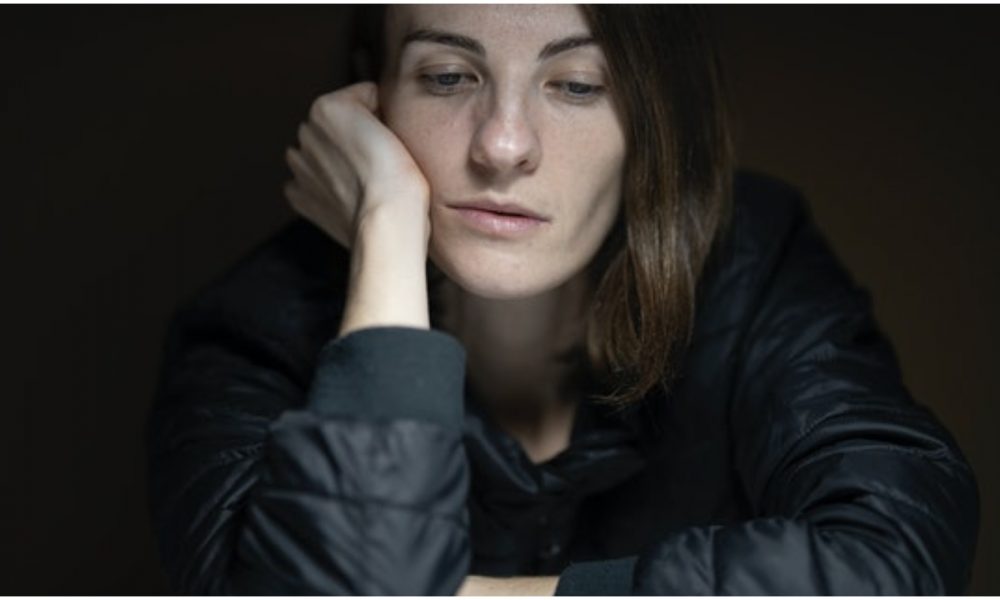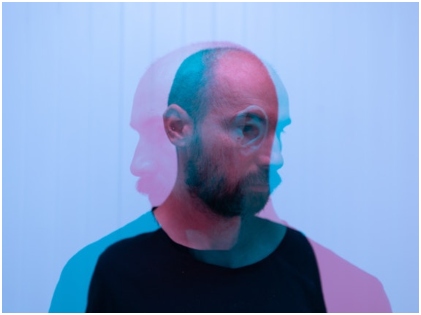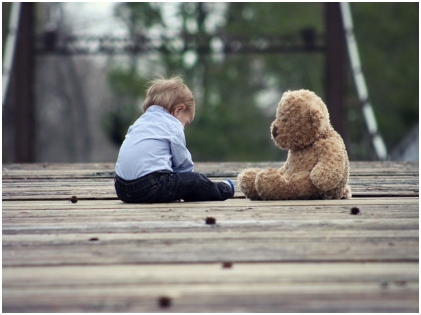
Yes, Bipolar Disorder Is Hereditary But It’s Not an Assurance You’ll Develop This Mental Health Problem

 There is an estimated 4.4 percent of American adults that will experience bipolar disorder, also called manic depression, in their lifetimes and it’s not a laughing matter. This condition involves extreme mood swings – and although the common age of onset is 25, it can also happen to teens and kids.
There is an estimated 4.4 percent of American adults that will experience bipolar disorder, also called manic depression, in their lifetimes and it’s not a laughing matter. This condition involves extreme mood swings – and although the common age of onset is 25, it can also happen to teens and kids.
According to psychiatrist Jared Heathman, bipolar disorder has symptoms of impulsive behaviors, flight of ideas, distractibility, decreased sleep, and an increased rate in speech. Science has yet to really pinpoint the cause of this condition but like depression, genetics and environmental factors play a role.
Hereditary?
 One of the most common questions is if this mental health issue is hereditary or can be passed on through genetics, much like how traits from parents are ‘given’ to their children. However, for other diseases like breast cancer, doctors have long known which gene causes this and therefore they know which one is passed to the offspring.
One of the most common questions is if this mental health issue is hereditary or can be passed on through genetics, much like how traits from parents are ‘given’ to their children. However, for other diseases like breast cancer, doctors have long known which gene causes this and therefore they know which one is passed to the offspring.
However, for bipolar disorder, the gene is unknown, making it hard for experts to explain how this is passed on. There’s a theory that different genes are one of the factors in developing this condition.
Psychologist Aimee Daramus explained that this disorder is on a diathesis-stress model, which means that a person inherits a higher likelihood of getting that condition but any extreme stress physically or emotionally can activate this. A 2012 study showed that those who have first-degree relatives with bipolar disorder have a 15 to 30 percent chance of having the same mental health problem.
Risk Factors
Don’t worry if you have a relative who has a bipolar disorder because there are environmental and behavioral factors to consider as well. First, there are some people who already have medical conditions, making them susceptible to developing manic depression.
 For instance, those with post-traumatic stress disorder, depression, and anxiety can also suffer from bipolar disorder. While their relationship isn’t fully understood, a 2018 paper looked at more than 6,780 patients who experience psychosis and found that 32.2 percent developed schizophrenia or bipolar disorder.
For instance, those with post-traumatic stress disorder, depression, and anxiety can also suffer from bipolar disorder. While their relationship isn’t fully understood, a 2018 paper looked at more than 6,780 patients who experience psychosis and found that 32.2 percent developed schizophrenia or bipolar disorder.
Trauma is also linked to patients with bipolar disorder. According to a 2016 paper, traumatic childhood experiences like neglect, physical abuse, or an unstable home environment increase a person’s risk of developing a mental health problem.
Researchers aren’t entirely sure of the link but said that childhood trauma has an effect on how adults respond to stressors. Then, another study published in 2017 looked at brain imaging and learned that the hippocampus of people with bipolar disorder showed abnormal shapes and less volume.
More in Mental Health
-
`
5 Reasons Why Dad’s Side of the Family Misses Out
Family bonds are intricate and multifaceted, often creating a unique tapestry of connections. However, many people notice a peculiar trend: stronger...
July 12, 2024 -
`
A Quick Guide on How to Get Short-Term Disability Approved for Anxiety and Depression
Living with anxiety or depression poses unique challenges, particularly in the workplace, where stress can exacerbate symptoms. For many, short-term disability...
July 5, 2024 -
`
Why Do People Feel Sleepy After Eating?
Is feeling sleepy after eating a sign of diabetes? Well, not directly. There are many reasons why you feel drowsy after...
June 20, 2024 -
`
What Is High-Functioning Depression? Symptoms and Treatment
High-functioning depression may not be a term you hear every day, but it’s a very real and challenging experience for many....
June 13, 2024 -
`
Kelly Clarkson’s Weight Loss Ozempic Journey – Debunking the Rumors
In a refreshing moment of transparency, Kelly Clarkson, the beloved singer and talk show host, sheds light on her remarkable weight...
June 3, 2024 -
`
What Is the Best Milk for Gut Health and Why?
In recent years, the milk section at the grocery store has expanded far beyond the traditional options. While cow’s milk has...
May 30, 2024 -
`
Do Dental Implants Hurt? Here’s All You Need to Know
When you hear “dental implants,” you might wince at the thought of pain. But do dental implants hurt as much as...
May 24, 2024 -
`
5 Key Differences Between A Psych Ward & A Mental Hospital
Curious about the differences between a psych ward and a mental hospital? You are not alone. With the mental health conversation...
May 16, 2024 -
`
It’s Official! “Selling Sunset’s” Christine Quinn & Husband Christian Dumontet Are Parting Ways
Have you ever found yourself unexpectedly engrossed in the personal lives of celebrities, especially when their stories take dramatic turns? Well,...
May 9, 2024










You must be logged in to post a comment Login